Speaking at the discussion, National Assembly delegate Do Tien Sy - General Director of Voice of Vietnam emphasized the role of the press in maintaining political stability and protecting the Party's ideological foundation. Because, in our country, people have wide and free access to information. Besides official information, there is also "sideline" information, but we still maintain stability thanks to the role of the press in particular and ideological work in general.
Delegate Do Tien Sy proposed to soon have a management mechanism for organizations and individuals who produce independent content on cyberspace, because currently they often release informational products similar to mainstream press but are not clearly regulated by law.
"This revised draft of the Press Law only regulates state press agencies, but in reality, there are groups of individuals and organizations that produce independent content and provide information on cyberspace that have not been mentioned in the draft law. We must have appropriate and appropriate management measures to avoid legal gaps," said Delegate Do Tien Sy.
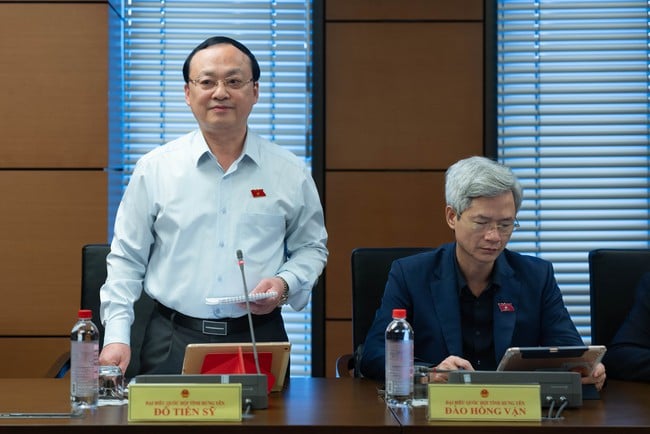
Delegate Do Tien Sy - General Director of Voice of Vietnam Radio Station spoke at the discussion
Delegate Do Tien Sy stated that expanding the list of prohibited acts is necessary to enhance social responsibility, ensure professional ethics and information security. However, it is necessary to distinguish between intentional and unintentional errors, because errors in journalism are inevitable due to the nature of fast-paced work, time pressure and technical factors.
Therefore, the delegates suggested that the Drafting Committee review and streamline the regulations, focusing only on handling acts of intentional distortion, fabrication, profiteering or causing serious consequences; and for unintentional errors, internal handling mechanisms, correction, apology and remedy should be applied. This approach ensures both deterrence and professional discipline, while protecting press freedom and encouraging a healthy creative environment in the press. If the law does not stipulate, it should be specified in documents guiding law enforcement.
At the same time, delegates proposed adding the type of multimedia, multi-platform journalism or digital content channels of press agencies, clearly defining the "digital content channels" of press agencies to reflect the trend of digital transformation, when modern journalism has integrated text, images, audio, online television and social networking platforms.
Or in Article 22, it is necessary to add the phrase "representative office" next to "permanent agency" to create flexible conditions for central press agencies to expand their networks locally without necessarily having to establish a permanent agency. This provision will be consistent with the policy of streamlining the apparatus and current press practice.
Regarding the concept in the law, Delegate Do Tien Sy proposed replacing the phrases "spoken newspaper" and "visual newspaper" with "radio" and "television" to conform with international practice and current common usage.
Regarding the issuance, exchange and revocation of press cards (Article 29), delegate Do Tien Sy proposed to remove the requirement for confirmation from the police of the commune or ward where the card was lost, because reporters can lose their cards while working in many different locations. Requiring such confirmation will cause unnecessary delays and inconvenience. The press management agency should take responsibility for confirmation and clearly define the responsibility for managing reporters to ensure transparency and initiative.
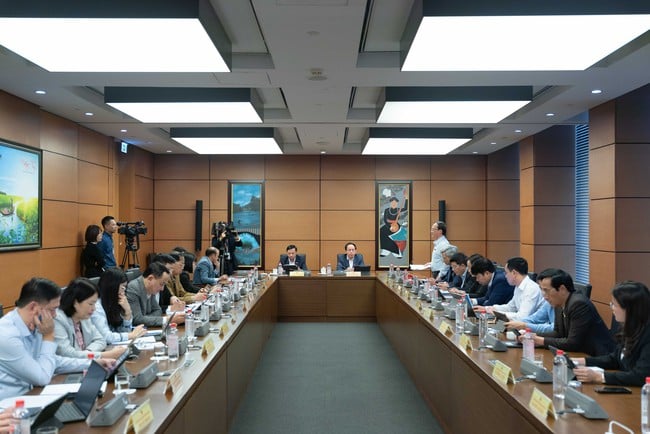
National Assembly deputies of Hung Yen province and Hai Phong city discussed the draft Law on Press (amended)
Presenting her opinion on the discussion, Delegate Doan Thi Thanh Mai - National Assembly Delegation of Hung Yen province affirmed that the Press Law is a very important law, especially in the current context where the media has a great impact on social life, amending the Press Law in the new context is appropriate and very necessary.
However, in the draft Law, there are 25 articles assigned to the Government and the Ministry of Culture, Sports and Tourism to specify in detail, this number is quite large. The drafting agency needs to carefully review and ensure the correct authority according to regulations and complete the implementation guidance documents on schedule.
In practice, press activities in cyberspace are complex, wide-ranging, difficult to control and manage. Information is multi-dimensional, multi-level and everywhere, penetrating all levels of society. With such complex content and wide-ranging scope, delegates suggested that the drafting agency continue to study and supplement stricter and more complete regulations on press activities in cyberspace in Section 1, Chapter III of the draft Law to ensure comprehensiveness and comprehensiveness.
Clause 19, Article 3 on the explanation of terms states the definition "Information products of a journalistic nature are information products expressed in journalistic genres, published in newsletters and special editions of agencies, organizations and enterprises". Thus, the draft Law has included special editions and newsletters of agencies, organizations and enterprises as an information product. Therefore, it is recommended that the drafting agency have a supplementary report related to products such as newsletters and special editions in the recent past when implementing them. At the same time, review the provisions in the draft Law, clarify whether the application to information products of a journalistic nature such as newsletters and special editions is complete or not?
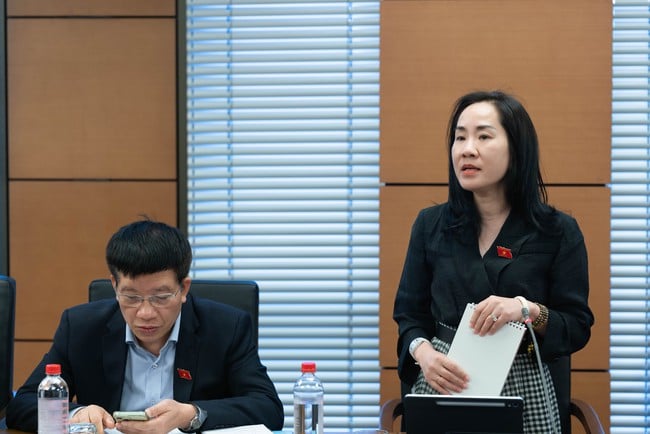
Delegate Doan Thi Thanh Mai speaks during the discussion
Regarding the conditions for granting press operation licenses, Point b, Clause 1, Article 17 of the draft Law stipulates that the subjects proposed to be granted press operation licenses are higher education institutions according to the provisions of the Law on Higher Education; scientific and technological organizations organized in the form of academies and institutes according to the provisions of the Law on Science, Technology and Innovation; provincial-level hospitals or equivalent or higher.
While the legal basis and regulations for educational training institutions and scientific and technological organizations are clear, the legal basis for the subject of "provincial-level hospitals or equivalent or higher" is unclear. Therefore, it is recommended that the drafting agency clarify these contents.
In addition, it is necessary to consider the regulation in Clause 1, Article 26 on "press agencies submitting 5 printed press publications and one digitized copy of the publication to be kept at the National Library of Vietnam" to be consistent with the innovation of archiving methods, reducing paper documents and enhancing digitalization of archiving work.
Source: https://bvhttdl.gov.vn/sua-doi-luat-bao-chi-de-dap-ung-yeu-cau-cua-tinh-hinh-moi-20251023203910895.htm


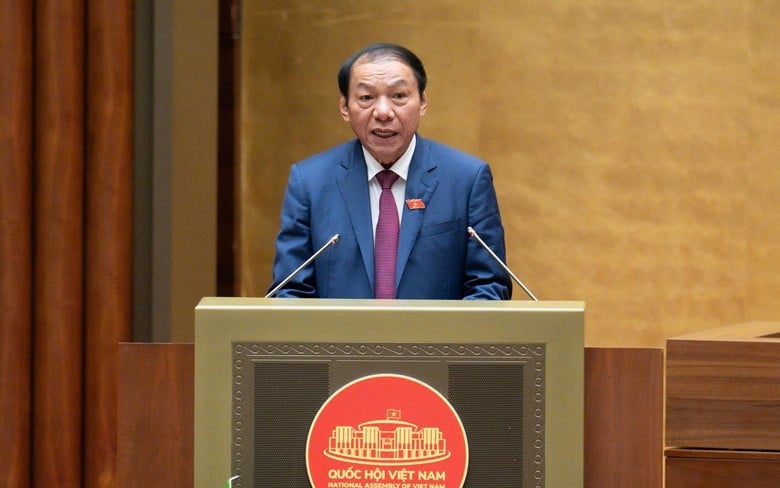
![[Photo] President Luong Cuong holds talks with South African President Matamela Cyril Ramaphosa](https://vphoto.vietnam.vn/thumb/1200x675/vietnam/resource/IMAGE/2025/10/23/1761221878741_ndo_br_1-8416-jpg.webp)

![[Photo] Prime Minister Pham Minh Chinh meets with South African President Matamela Cyril Ramaphosa](https://vphoto.vietnam.vn/thumb/1200x675/vietnam/resource/IMAGE/2025/10/23/1761226081024_dsc-9845-jpg.webp)



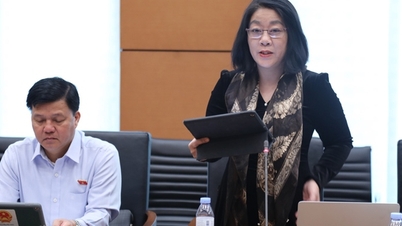
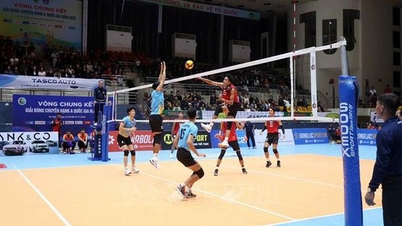

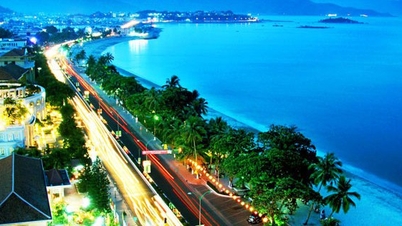
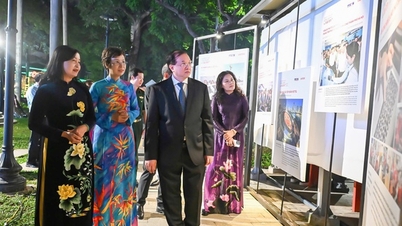





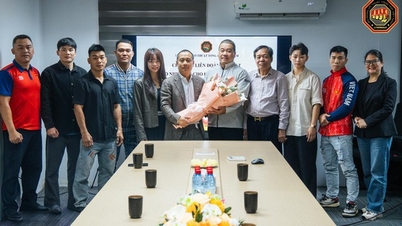
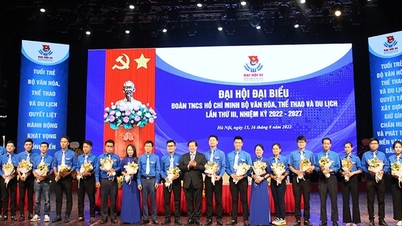
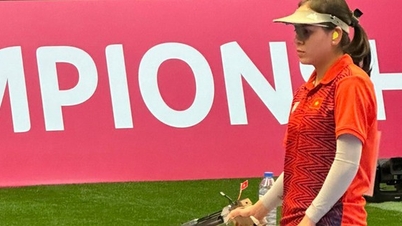
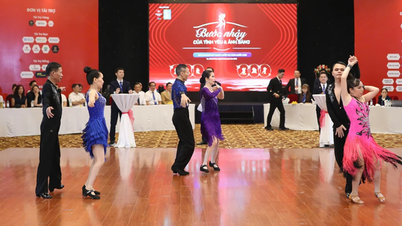
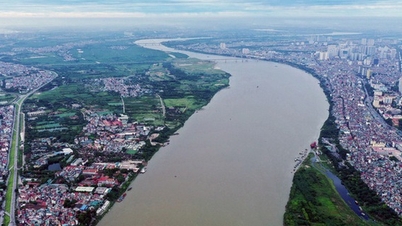



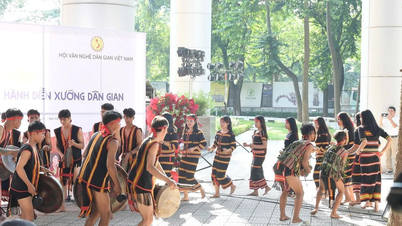











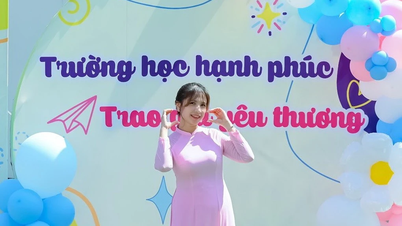









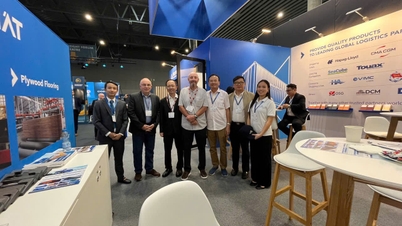

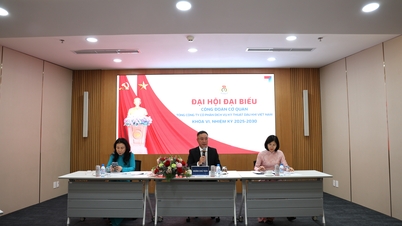


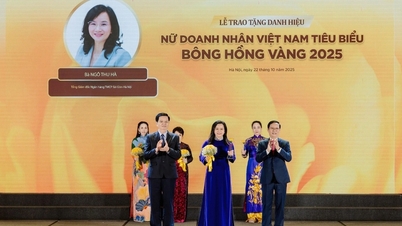
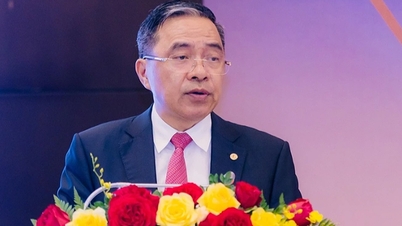






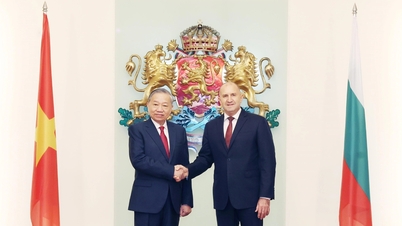


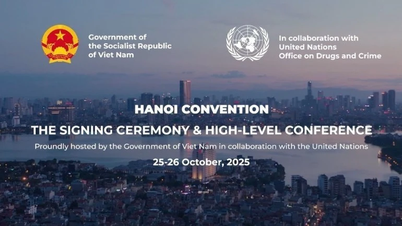
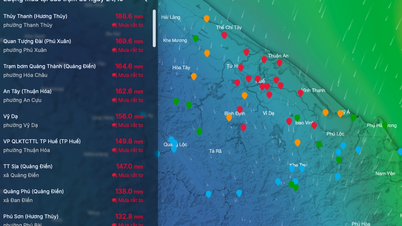
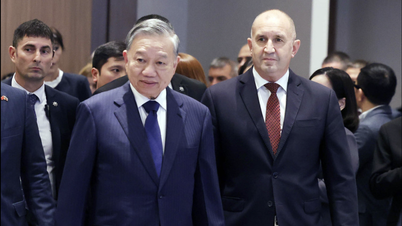
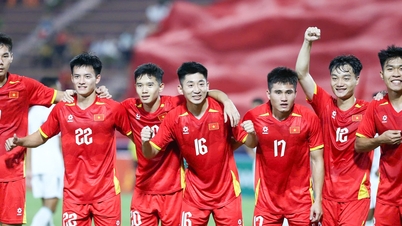
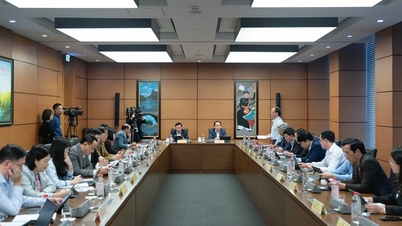
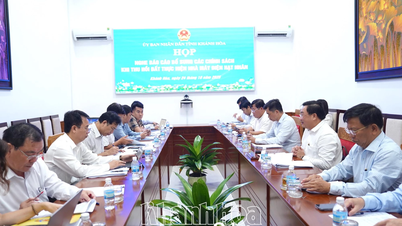
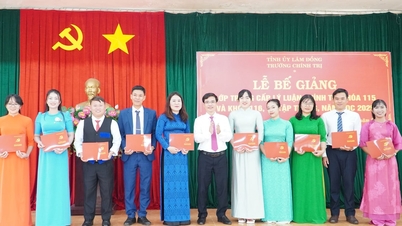
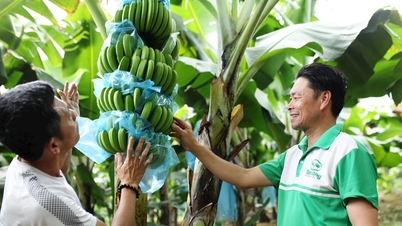
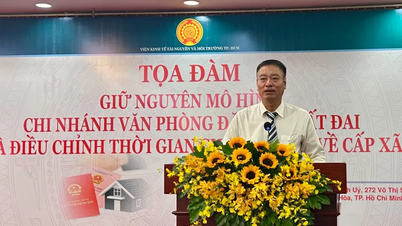



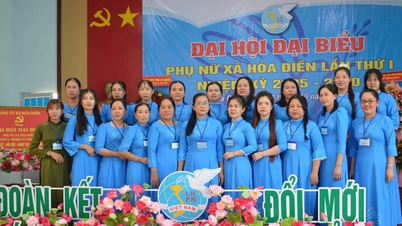












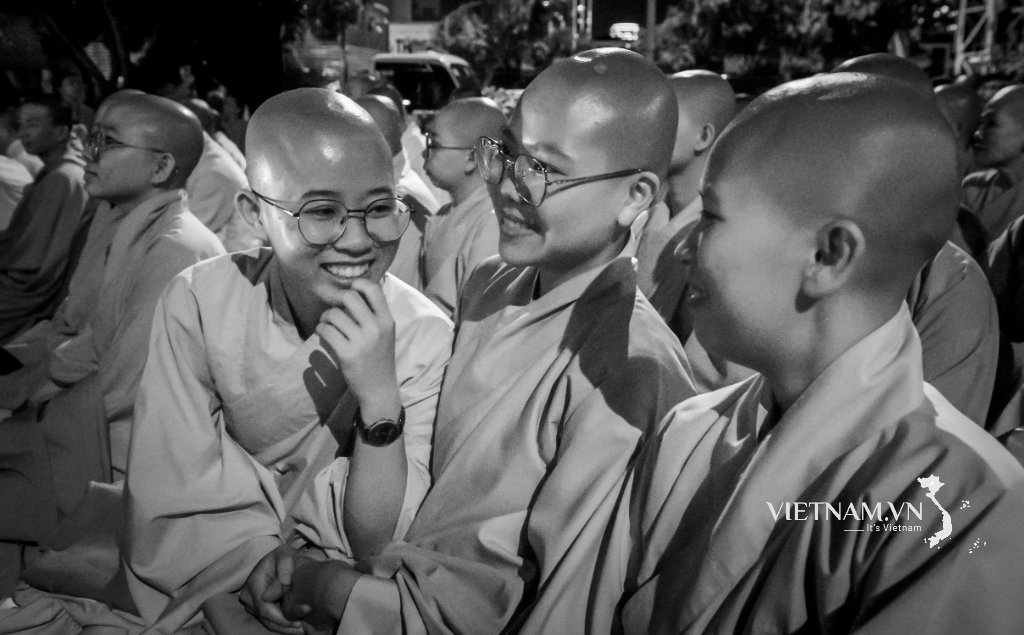

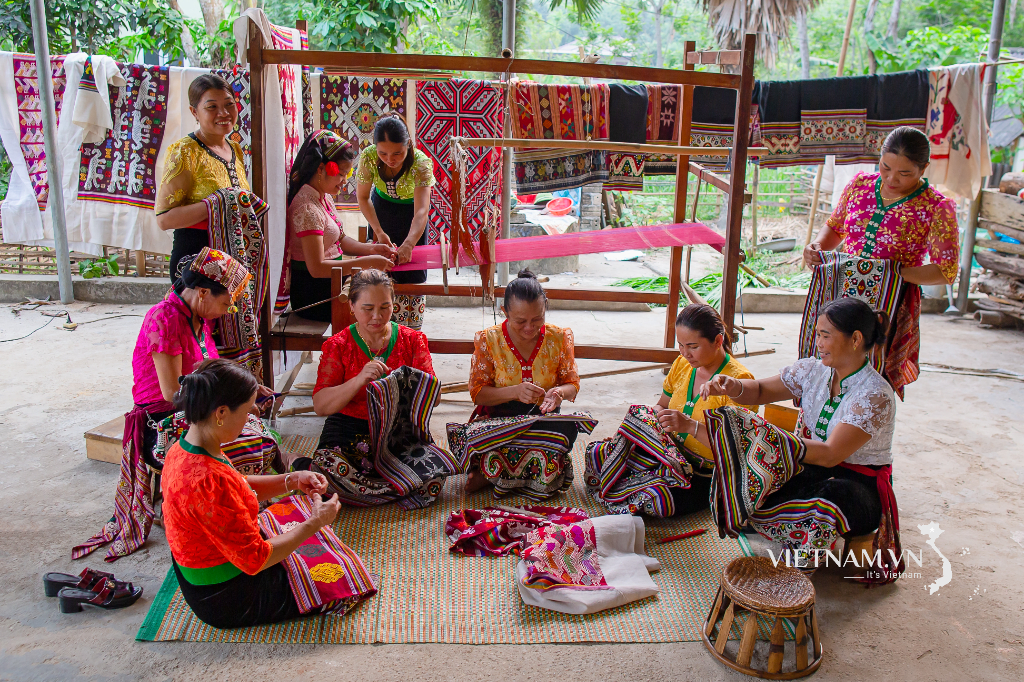

Comment (0)